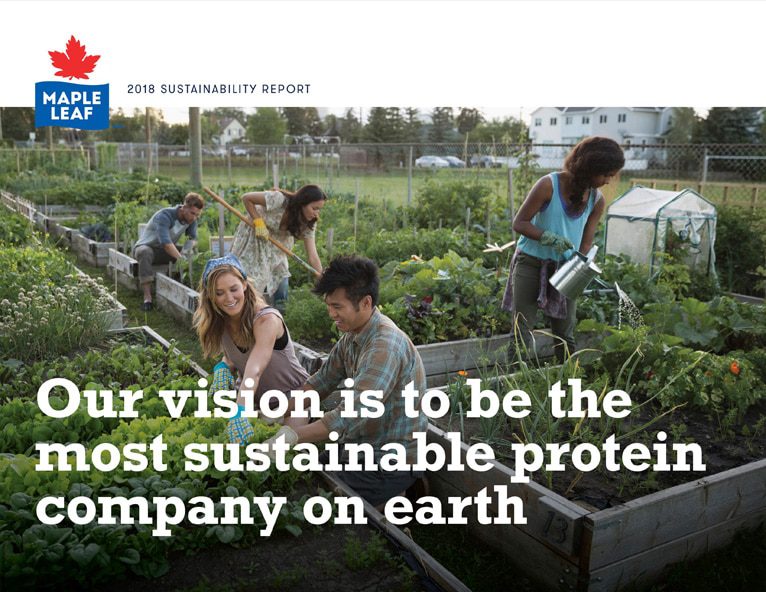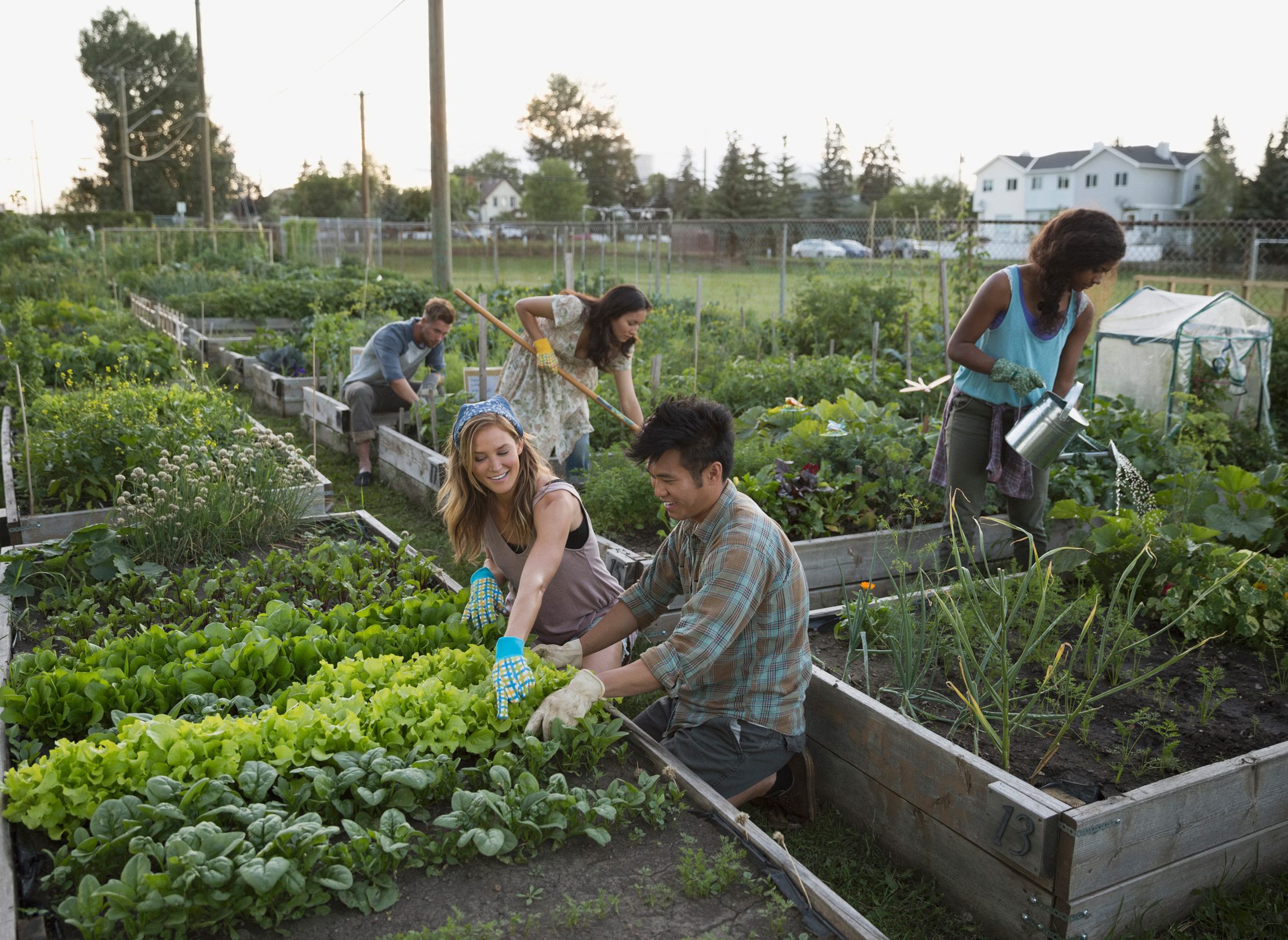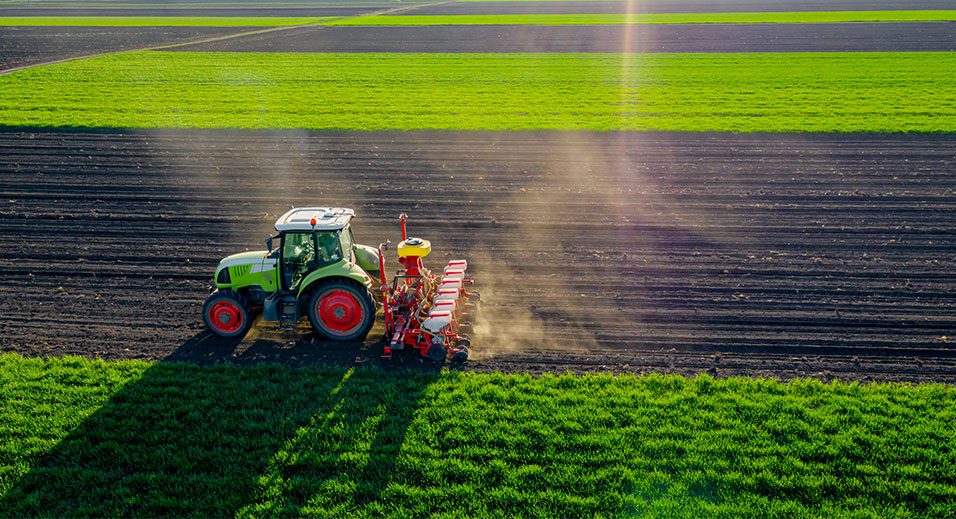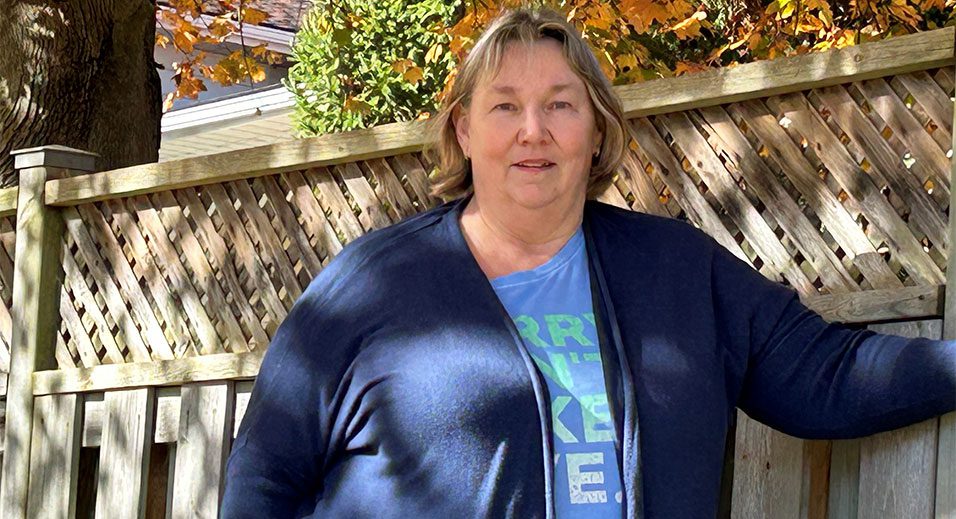At Maple Leaf Foods, we are building a sustainable enterprise under our guiding pillars of Better Food, Better Care, Better Communities and Better Planet. We have a strong commitment to shared value where all stakeholders benefit from the value we create through what we do together. 2018 was an important year in our sustainability journey as we continued to deliver on our priorities and commitments.
Better Food
We are actively addressing the most pressing diet-related health issues we face as a society. In 2018, we executed on our strategy to make better food that meets the real needs of consumers. We made major changes to our Maple Leaf branded product line to remove any artificial ingredients, colours and flavours. We are committed to lead the real food movement and in 2019, we continue to execute on the Maple Leaf brand’s Food Manifesto.
We are also broadening our reach into alternative proteins. In the past few years, we established Maple Leaf Foods as a North American leader in plant-based proteins with the acquisition of Lightlife Foods Inc. and Field Roast Grain Meat Co.
In 2018, our Lightlife brand introduced a plant-based burger. The pea protein-based burger delivers the same great taste and juicy texture as a traditional beef burger, but it is 100 per cent plant-based. It’s real food, made with plants that truly tastes amazing!


Better Care
Maple Leaf Foods has strong values that define our culture and these values have a direct relationship on how we treat the animals we raise or source.
In our commitment to be a leader in animal care, we have converted approximately 44,000 sows (67 per cent) to our Advanced Open Sow Housing system. This investment involves reconstructing over 30 barns.
Better Communities
Through the Maple Leaf Centre for Action on Food Security, we are going well beyond conventional giving to be a leading advocate for change. We are making meaningful investments with innovative partners to advance food security in Canada and tackle the pervasive issue of hunger in our country.
We are also dedicated to being a leader in our industry in workplace safety practices. We strive for zero occupational injuries in the workplace. In 2018, we achieved a Total Recordable Incident Rate (TRIR) of 0.66, which is best-in-class for our industry.
We have also dedicated significant time, resources and focus on the personal growth of our talent. We partnered with the Richard Ivey School of Business to create a “Women in Leadership” course to provide executive development and coaching opportunities to 48 senior and high-performing women in the organization.
Better Planet
We are making progress toward our bold goal of a 50 per cent environmental footprint reduction by 2025 and by the end of last year, we were ahead of target in both electricity usage and solid waste, while we have more work to do in the areas of water and natural gas.
While we are pleased with our performance on electricity and solid waste, we are not satisfied with our performance on natural gas, and water efficiency. We recognize that much more work needs to be done to get back on track and achieve our goals.
In 2019, we will commence re-auditing of our key facilities to update our environmental sustainability action plans, and work with our utility and other partners to identify new and more aggressive reduction and efficiency opportunities. To bridge the gap where more dramatic reductions are required but have not yet been achieved, we are developing a comprehensive carbon management strategy.
Becoming a sustainable protein company is a quest that Maple Leaf Foods has been on for several years, and while a lot has been accomplished in 2018, there is much work to be done.
“It is both possible and responsible to achieve social good and business success simultaneously and we are committed to identifying strategies to deliver on both,” said Michael McCain, our president and CEO.
Download the full 2018 Sustainability Report and learn more about our strategies and progress.


